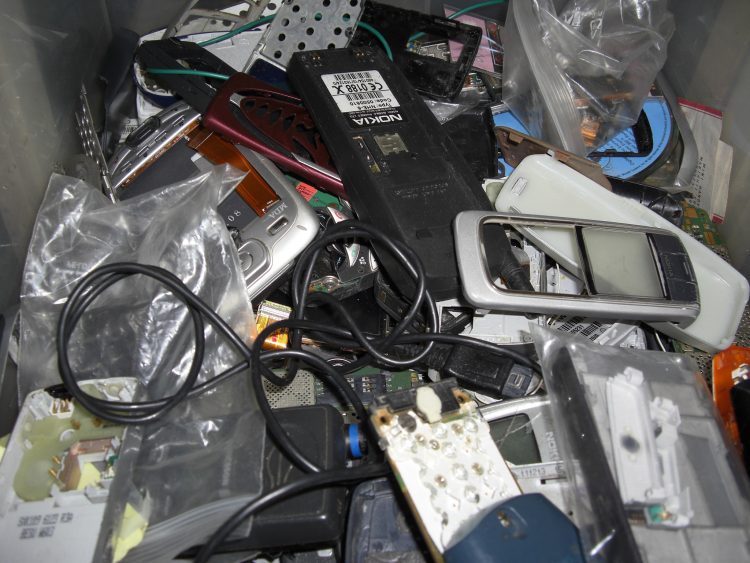The European Parliament commits to fighting programmed obsolescence

Europe has taken a stand against programmed obsolescence. Symbolically, at least, as the European Parliament voted this July 4 in favor of a report destined to make goods longer-lasting and easier to repair. An initiative of Green Eurodeputy Pascal Durand, the study commissioned by the Internal Market and Consumer Protection committee entitled A Longer Lifetime for Products: Benefits for Consumers and Companies is a signal to the Commission to adopt new measures against programmed obsolescence.
Despite the very low number of Eurodeputies present during this plenary session (30 out of 750, which hardly went unnoticed by the president of the Commission Jean-Claude Juncker), a few initiatives to fight programmed obsolescence (especially by smartphone manufacturers) are now on the table.
#EPlenary is pushing for ? ? etc. to be more durable and easier to repair. Find out more ➡ https://t.co/bQe2KHKY3j pic.twitter.com/DtynD7QSIy
— European Parliament (@Europarl_EN) July 4, 2017
The report intends to determine “minimum resistance criteria” to prevent the sale of products whose lifetime is too short. It calls on the Commission to promote repair and second-hand sales, as well as offer training in repair work. It also recommends using spare parts, by prohibiting products from being fixed to their most essential components (such as batteries or LEDs), in order to favor repairing. Spare parts that are necessary for the product to operate should be easily available.
The text encourages member nations to develop sharing and circular economies, in addition to renting, trading and borrowing objects. By foregrounding the benefits for the consumer and the economy, which would counteract certain existing industry behavior, thousands of non-relocatable jobs could be created within the European Union, while promoting repair and short circuits—not to mention offsetting the heavy ecological impact of tons of electronic waste.
Does this vote by the European Parliament mark the end of some technological aberrations? At least it contributes to ushering us into the age of redoing.
More info on the European Parliament’s vote against programmed obsolescence
